Update
This event has concluded, checkout the livestream on YouTube!
https://youtu.be/fDTzyUGGuh8
Getting started with systems research
Panel on getting started with research
We are organizing a panel with senior students in the area of Computer Systems to talk about their experience as systems researchers. The panel will specifically focus on students who are getting started in the field of CS research.
We will answer questions from broad areas including:
- How to get started with research in systems as an undergraduate or a young PhD student?
- Managing your relationship and expectations with your adviser, mentor and peers?
- What to expect during your PhD?
- How to get from starting a project to a publication?
The panel will be a one-hour live session with pre-sourced questions and live discussion. All students interested in the area of systems research or related CS fields are invited to join and ask questions!
- When:
- Where:
- The session will be live on Zoom and streamed on YouTube, Twitch and BiliBili.
- The session will be live on Zoom and streamed on YouTube, Twitch and BiliBili.
Submit your questions!
Panelists
(Ordered by last name)
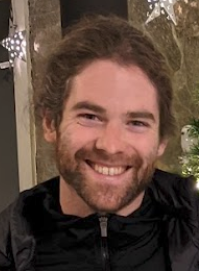 Stewart Grant | PhD student, UC San Diego
Stewart Grant | PhD student, UC San DiegoStewart is a 4th Year PhD student working in the systems and networking group with Alex Snoeren at UCSD. His work is focused on sharing and isolation in the context of SmartNICs and disaggregated memory. You can most likely find him benchmarking RDMA and DPDK code on the third floor. Within the department he has assisted as lead on the faculty candidate student panel, and mentored undergraduates through the ERSP program. Extraciricurly Stewart is usually rock climbing or running. Quote - "Let's Bail".
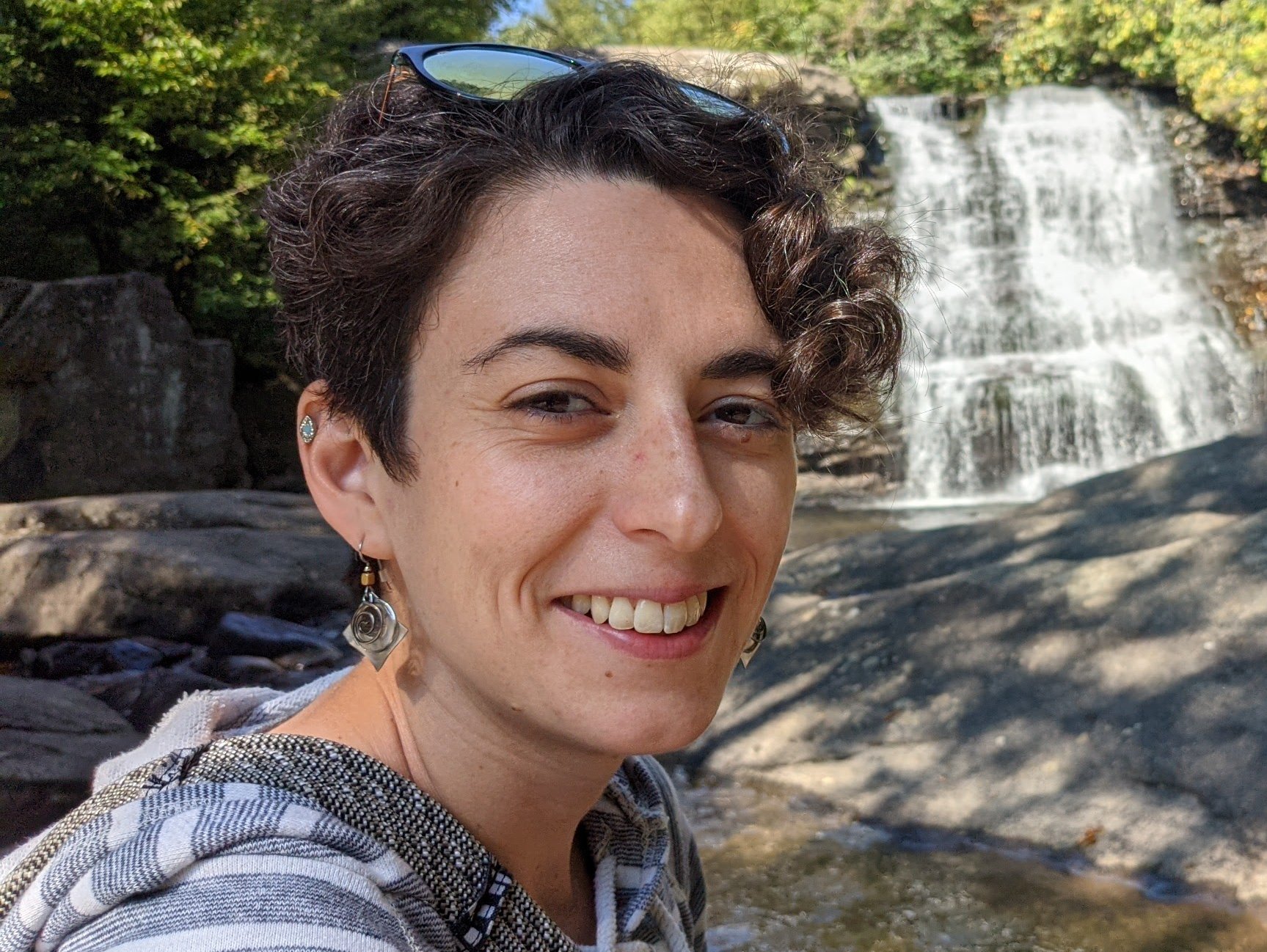 Emily Ruppel | PhD Student, CMU
Emily Ruppel | PhD Student, CMUEmily Ruppel is a final-year Ph.D. student at Carnegie Mellon University advised by Brandon Lucia. She researches and builds batteryless, energy harvesting systems that perform perform computationally intensive tasks despite frequent power failures. Her recent work examines runtime software and programming models that allow batteryless devices to correctly interact with their physical environment. She is currently serving as co-chair of the Computer Architecture Long-term Mentoring (CALM) committee.
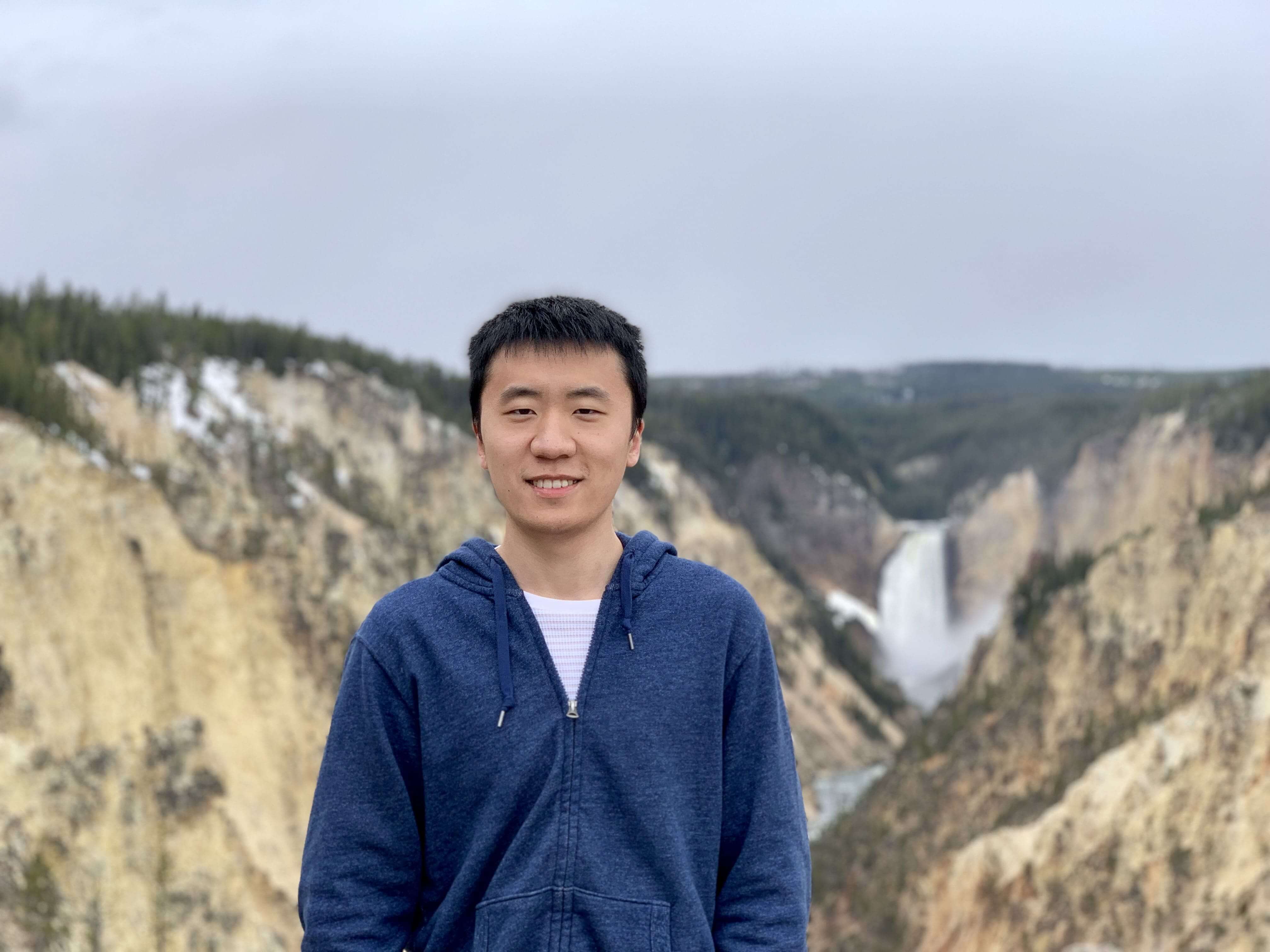 Jie Zhou | Phd Student, University of Rochester
Jie Zhou | Phd Student, University of RochesterJie Zhou is a final-year PhD student at the University of Rochester. He works on software and systems security, with a focus on memory safety. Currently he is most interested in the interactions between safe and unsafe systems programming languages, and his long-term vision is to gradually push more provably-secure code into software systems. He is now a committee member of the Students@Systems.
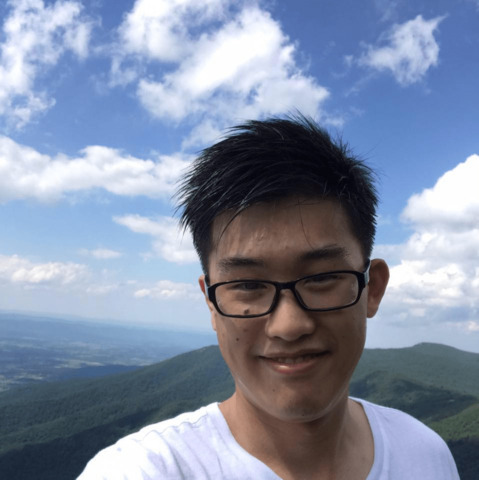 Sihang Liu | PhD, University of Virginia
Sihang Liu | PhD, University of VirginiaSihang Liu is a final-year Ph.D. student at the University of Virginia, working with Prof. Samira Khan. His research interest lies in computer systems and architecture. In particular, he is interested in software-hardware co-design for persistent memory, to make persistent memory systems robust, efficient, and secured. He is also broadly interested in other new and emerging systems, such as near-data processing and in-network processing. His research has been recognized as MICRO Top Picks Honorable Mention, and he is awarded the Google Fellowship. He has broadly participated in mentoring, from research mentoring for high school, undergraduate, and master’s students, and non-technical mentorship, including fellowship application, job hunting, and graduate school application. Currently, he is the co-chair of computer architecture long-term mentorship (CALM) program and a committee member of Students@Systems.
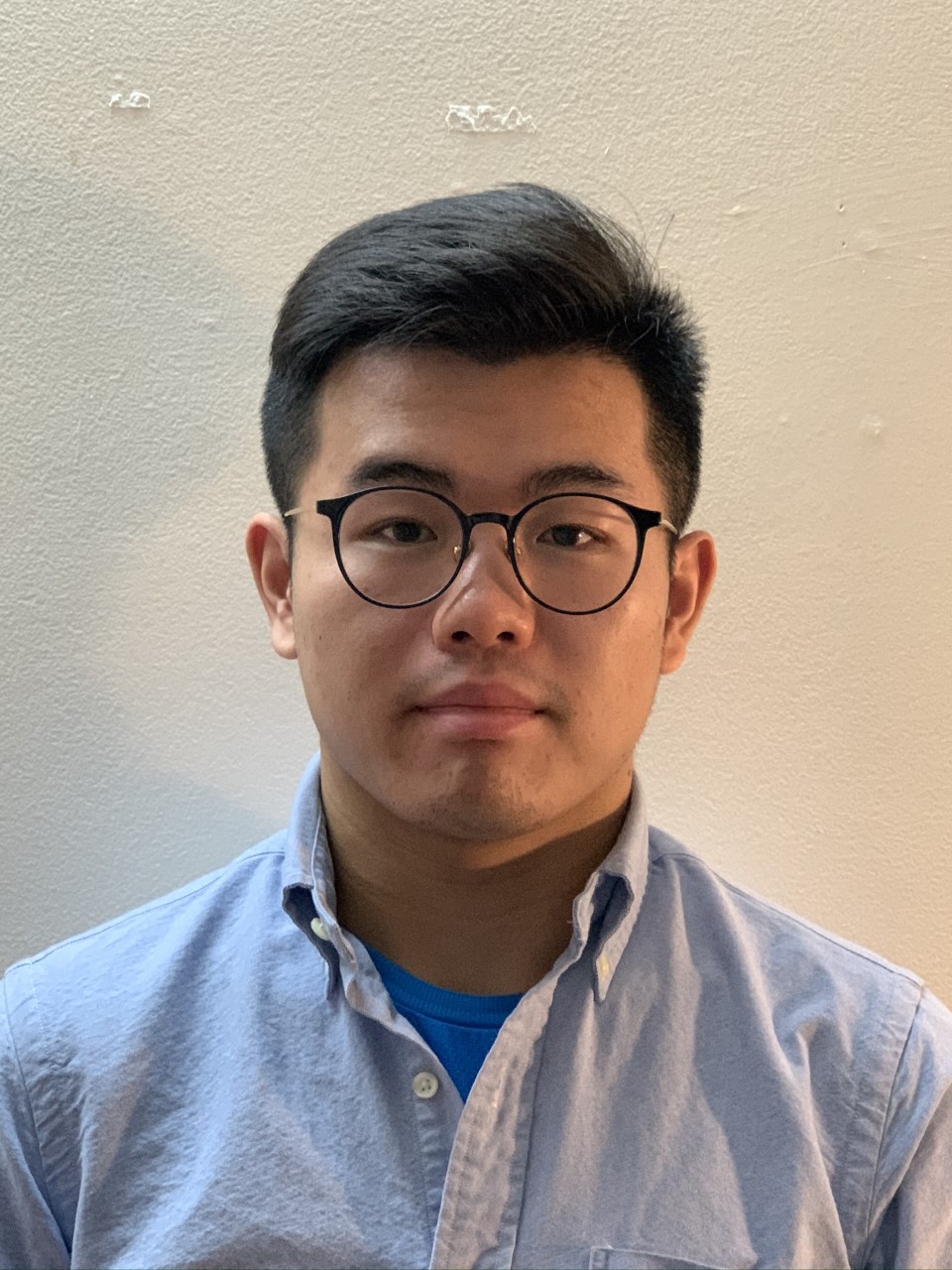 Yang Zhou | PhD Student, Harvard University
Yang Zhou | PhD Student, Harvard UniversityYuan is a fourth-year Ph.D. student @ Harvard University, advised by Prof. Minlan Yu and Prof. James Mickens. He is broadly interested in networked systems. In particular, his work focuses on remote memory, smart NIC security, and network telemetry. He received the M.S. in computer Science @ Harvard University in 2021. He received the B.S. in Computer Science @ Peking University in 2018, advised by Prof. Tong Yang, where he researched data stream (or one-pass randomized) algorithms.
Get in touch with us at contact@students-at-systems.org if you have any questions.

